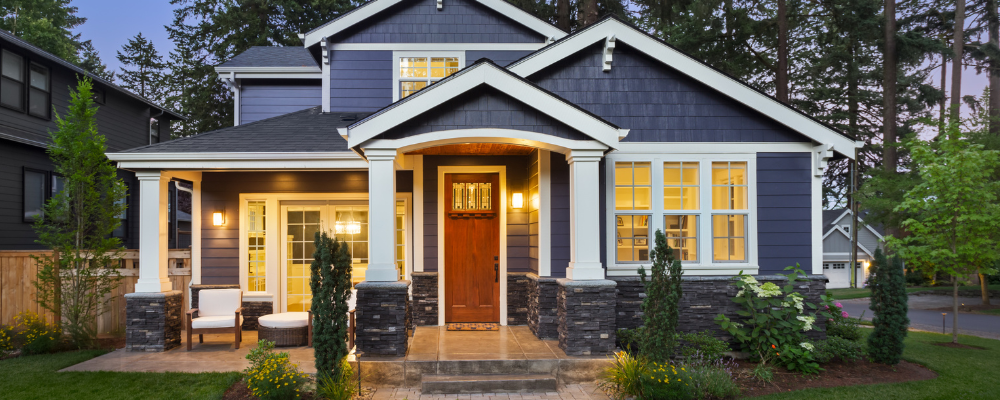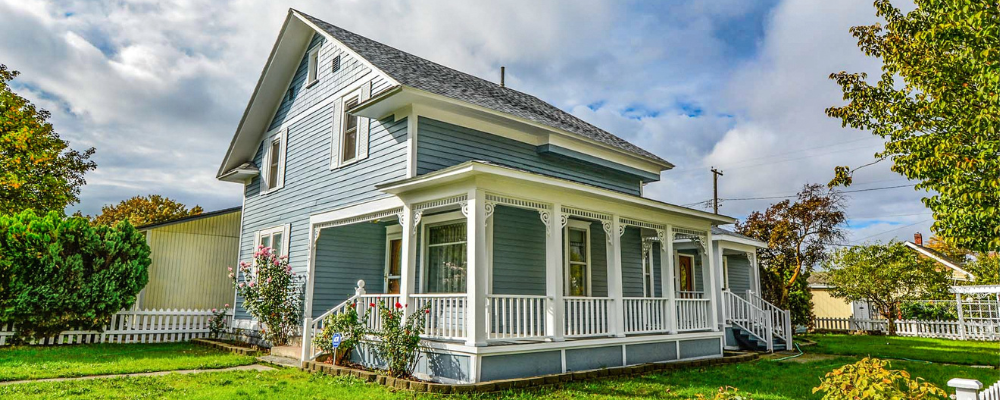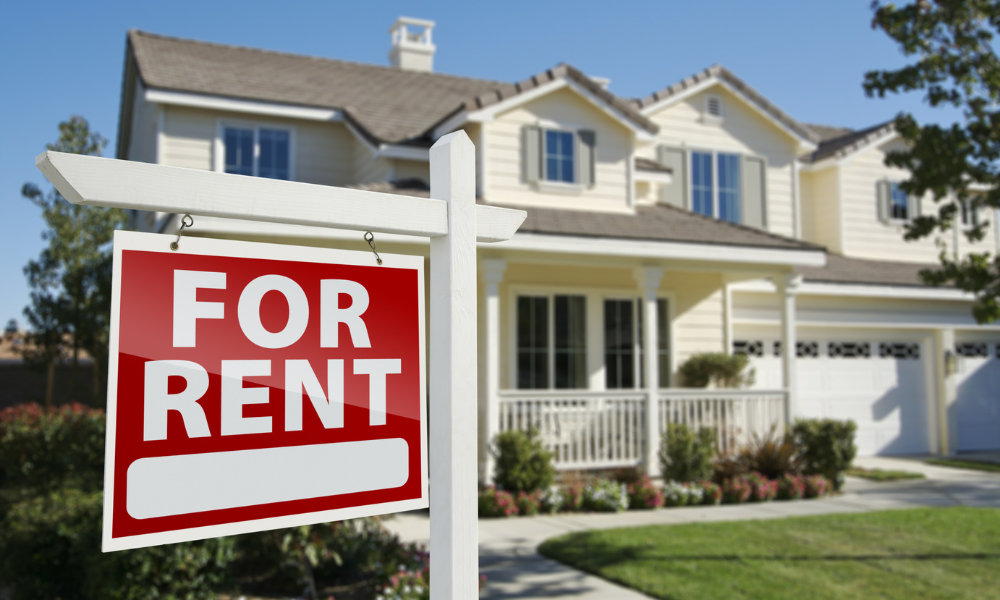The Short Answer
Are you looking to turn your second home into an income-generating rental property? This can be a great way to maximize your real estate investments by earning rental income. Start by making sure that your mortgage will allow for it, or that you can change your mortgage. Then look at the zoning and bylaws of the area to see whether a rental property is permitted. Next you should consider the tax implications, as there can be tax benefits for rental properties, and re-look your insurance as you may need to update this.
Once you’ve done this you can look at the real estate market in the area and make the necessary choices on the type of rental strategy you’d like to implement, and the renovations that will be necessary to attract the right kind of tenants. Lastly, you’ll need to market the property and do adequate screening of tenants to make sure that you find the right tenants.
Table of Contents
Can You Rent Out A Second Home?

The short answer is yes, however there are various factors to consider first. Second homes can be a great way to generate rental income as investment properties. Whether they’re being used as a vacation home or part-time residence, they can be converted into a rental property once you’ve made sure to consider the following:
Mortgage
If you have a mortgage on your second home, you’ll need to research what the change from second home to investment property would mean for your monthly mortgage payments. An investment property loan is typically a more expensive loan than a mortgage for a primary residence or secondary residence. So, this change may impact your mortgage in terms of pricing or mortgage renewal.
Bear in mind that the distance of the second home from your primary residence will impact the mortgage, as a home that is too close to your primary residence will automatically be considered an investment property. It’s important to note that once a home has been qualified as a second home with the IRS and a lender, this cannot be used as a rental property without changing the status of the home, otherwise homeowners are committing mortgage fraud.
Tax
A rental property is classified as a second income, and you are therefore required to pay tax on the rental income that you generate. However, there are also tax benefits in the form of deductions that can be used on an investment property. These include mortgage interest, property taxes, utilities, property maintenance and more.
Property depreciation can also be claimed as an expense, which will result in a reduction on the rental income and therefore the amount that is taxable. Capital gains tax can also be impacted by a change in home usage, so it’s a good idea to consult a tax professional on what this change would mean for you and whether there are any tax benefits.
Insurance
Your insurance will need to be updated from a secondary home to an investment property, and this may drive your monthly premiums up. There is a greater risk associated with investment properties than with second homes, so this typically means a higher cost for insurance.
Zoning restrictions
There are HOA rules and local zoning bylaws that need to be considered when converting a property from a second home to a rental property. These are also vital considerations that can impact the transition or even prevent the investment property from being converted.
How To Convert A Second Home Into A Rental Property
Once you’ve considered the above-mentioned variables that come with converting a second home into a rental property and you have decided to proceed, it’s time to begin the process. Here’s a step-by-step look at how to convert your second home into a rental property to maximize your real estate investments.

Step 1: Research the local market
First things first, you’ll need to research the local market and learn about the demand in the area of your second home. The success of investment properties typically hinges on the demand for the property type, in the area. If the demand leans towards short-term rentals, you may want to consider converting your second home into a vacation rental property. If the market leans towards longer term rentals, you could rent out the property on 12-month lease contracts.
The area should be attractive, in order to find tenants easily. Which means your second home should be somewhere that offers a great lifestyle, and where there are employment opportunities nearby. This will increase the likelihood of finding tenants quickly and generating a more stable rental income.
Step 2: Check licensing and permit requirements
Each area has its own laws and regulations around rental properties, so you’ll need to check with the local government about these, before you begin marketing the property or making any changes to it. In some areas, there may be specific permits that are required to rent out a property. So, it’s important to get to grips with what is required before going ahead.
Step 3: Get the property ready
Once the paperwork is taken care of and you’ve made sure that the rental property has the required licenses and permits so that it’s legally sound, you can begin getting the property ready to rent. This may require doing home improvements, repairs and/or renovations to get the home in tip top condition.
Step 4: Market the property
Once the home is ready to be viewed, you can begin marketing it. An invaluable tip at this stage is to get the best photos of the property. These will be used in all the marketing efforts and can make finding tenants much easier, or more difficult if they aren’t great photos.
Your marketing efforts can begin online, using digital market tools and social media. There are a variety of websites to list rental properties and a quick search online will highlight the most popular ones. If you’re going to convert the property into a short-term rental property, you can use websites like AirBnb and VRBO. You may also want to consider any offline opportunities to market your property if you’re looking for longer term tenants.
Tax Implications of Renting A Second Home

Determining Your Tax Obligations
The first step in preparing for taxes on an investment property such as a rental property, is determining your exact obligations. All rental properties are subject to federal and state income tax, so make sure you know what your local laws are before filing. Additionally, if your rental property is not located in your primary residence’s state of taxation, you may also be subject to local taxes. Make sure to research each area thoroughly before signing any papers or leasing out the property.
Tax Deductions
When renting out a second home, there are many deductions available that reduce the amount of taxable income you have to report on your return. For example, expenses such as mortgage interest payments and insurance premiums can be deducted from your overall profit. Repairs and maintenance costs associated with the home can often be written off as well.
Be sure to keep detailed records of all expenses related to the property throughout the year, this will help make filing tax returns much easier when it comes time to do so.
Can You Get A Mortgage To Buy A Second Home For Renting?

The rules around mortgages for second homes vary, according to each lender. Typically, rental properties are different from second homes, and there are specific criteria that each must fulfil, in order to be classified correctly. These criteria will impact the loan terms and the down payment requirements.
However, according to Fannie Mae, second homes can be rented out provided that the following rules have been met:
- The property needs to be occupied by the owner for at least 10% of the time it is rented out, or for a period of more than 14 days per year (whichever is greater)
- There is one owner of the property
- The property consists of a single unit
- The property can be used any time of the year
- The property is not rented to tenants full-time
- The property be subject to any agreements that give anyone else management control over the property
These requirements should give you a good idea as to what type of property qualifies as a second home or as a rental property, according to lenders. However, each lender will have different rules and you’ll need to check these first. It’s vital to get the right mortgage for property as this will impact how it can be used at a later stage.
Final Tips For Succeeding With Your Investment Property
Converting a second home into a rental property can be a great method to generate income from an investment property. Here are some final tips to bear in mind for those who decide to convert their second homes:
- It’s important to do your research on the rental market in the area first, to make sure that you choose the strategy that is most likely to be successful for your investment property.
- Before you get started, make sure that you’re clear on the tax implications for investment properties, so that you don’t run into issues later on.
- Screen your tenants thoroughly by doing the necessary background checks and contacting all their references. Bad tenants can be a nightmare for those who own an investment property and can lead to financial losses if rental income dries up.

